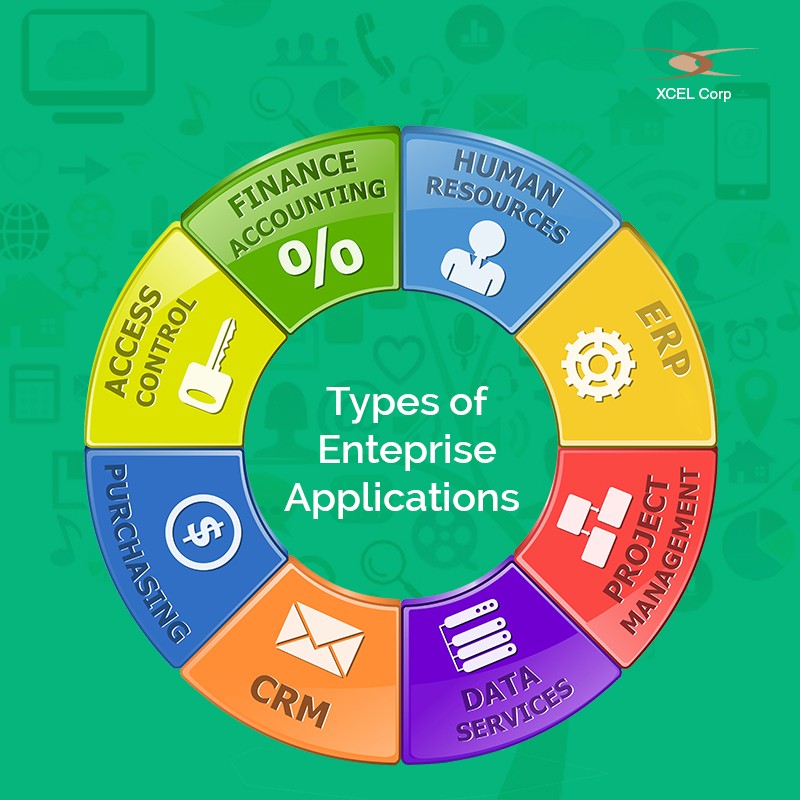Enterprise Applications are widely used in many organizations. But, just because they are widely used, it doesn’t mean that these organizations are getting the most out of their applications. The reason? Marketers who sell enterprise applications point to the many advantages and features it provides and fail to explain how the application they are selling would help in particular areas of their enterprise to improve efficiency.
Enterprise Applications are software which are designed specifically for enterprises who have the need to integrate various sections of an organization into a singular cohesive unit. Enterprise applications have many different names. They are also known as Enterprise software, enterprise app, and most commonly known as Enterprise Application Software. They are built to and implemented by organizations to carry out various functions across corporate networks, intranet, and the internet. They should also meet strict requirements of administration management and security.
Like already mentioned, Enterprise applications are specifically designed and deployed for large enterprises and not small businesses. Enterprise Applications unlike applications made for small businesses and consumers, should be able to help the enterprise to cut back unnecessary costs, and improve overall productivity and efficiency across various sectors of an enterprise.
There are many types of enterprise applications depending on their purpose. However, enterprise applications are of three major categories.
They are:
1. Customer Relationship Management:
The major challenge for large enterprises is that they become inaccessible to their end user (customers). In order to deliver high quality products and services and also for increasing their business, enterprises need to create seamless communication with their customers. This seamless communication and interaction could be facilitated with CRM systems. It ensures that your customers’ needs are heard and are being catered to in the right time and systematically. CRM applications also provide business analytics to know your customer and provide them with the services individually.
2. Resource Planning:
Managing all kinds of resources from material to human resource needs a lot of manual work. While not completely removing human influence, Enterprise Resource Planning (ERP) software automates most of the processes that are redundant. ERP helps you to manage various activities including purchasing, Finance, human resource, and inventory management. One of the specialties of ERP is that it could be customized with ease for organizations from different industrial verticals.
3. Supply Chain Management:
Supply Chain Management is the process through which your products and services are moved from your company to your customer without a hassle. To avoid unnecessary delays and product quality, the supply chain of an organization should be maintained at maximum efficiency. Supply chain Management application enable this in organizations. Supply Chain Management Applications perform activities including product development, sourcing of materials, production, and logistics management.
Apart from these major categories, Enterprise applications are created for several smaller tasks and activities including:
• Automated Billing and Payment Processing
• E-Mail Marketing Systems
• Content Management
• Business Continuity Planning
• HR Management
At XCEL Corp, we have transformed the efficiency and productivity of several large organizations and enterprises around the world. For over a decade, XCEL Corp has developed several proprietary and custom enterprise applications which have been incredibly successful. With unmatched knowledge and expertise, XCEL Corp offers affordable enterprise applications that are feature rich and also custom made to suit the unique requirements of each organization.
To learn more about Enterprise application and what it could do for your organization, visit our website or call us today and we’d be happy to help.


